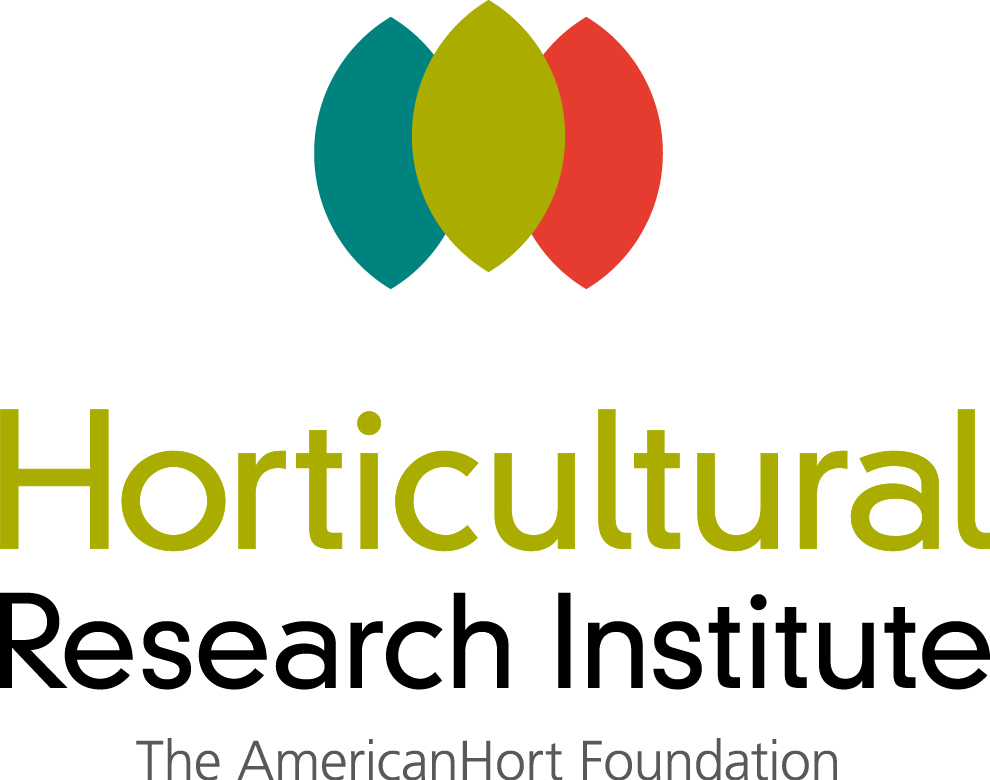Effects of Flooding on Physiology and Growth of Four Woody Ornamental Species in Marl Soil of South Florida
In south Florida nurseries, trees are often grown in marl soil, which is heavy, clay-like, calcareous soil that is slow to drain and prone to periodic flooding during the rainy season. Green buttonwood, mahogany, pond apple and Surinam cherry are grown in this soil. We tested effects of flooding on leaf gas exchange and growth of these four species to determine their flood tolerances in marl soil. Green buttonwood, mahogany, and Surinam cherry each had consistently lower leaf gas exchange and plant growth in flooded than in non-flooded marl soil, which suggests low tolerance to flooding. In contrast, flooding had little or no effect on leaf gas exchange and growth of pond apple, indicating that this species was tolerant of flooding in marl soil. Green buttonwood and pond apple had larger stem diameters and more hypertrophic stem lenticels when flooded than when not flooded. Flooded green buttonwood also developed adventitious roots. Pond apple appears to be a good choice for planting in low-lying areas in marl soil typical of outdoor nurseries in south Florida. In contrast, care should be taken to avoid planting green buttonwood, mahogany, and Surinam cherry in marl soil in flood-prone areas.Abstract
Contributor Notes
We thank Julio Almanza, Luis Bradshaw, Holly Glenn, Chunfang Li, and Mike Gutierrez for assistance with this study and Drs. Fred Davies and Eileen Buss for review of this manuscript. The work in this manuscript was submitted by Cliff G. Martin in partial fulfillment of the requirements for the Ph.D. degree.
2Graduate Research Assistant.
3Professor, to whom reprint requests should be addressed. bas56@ufl.edu.
4Associate Professor.
